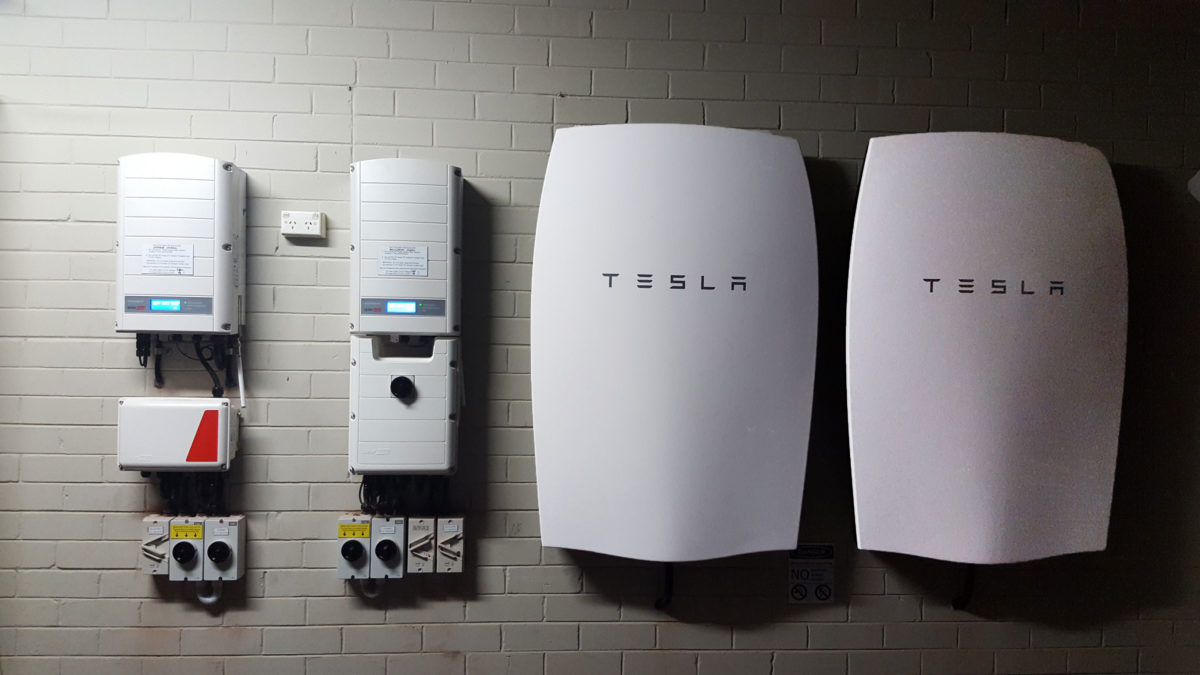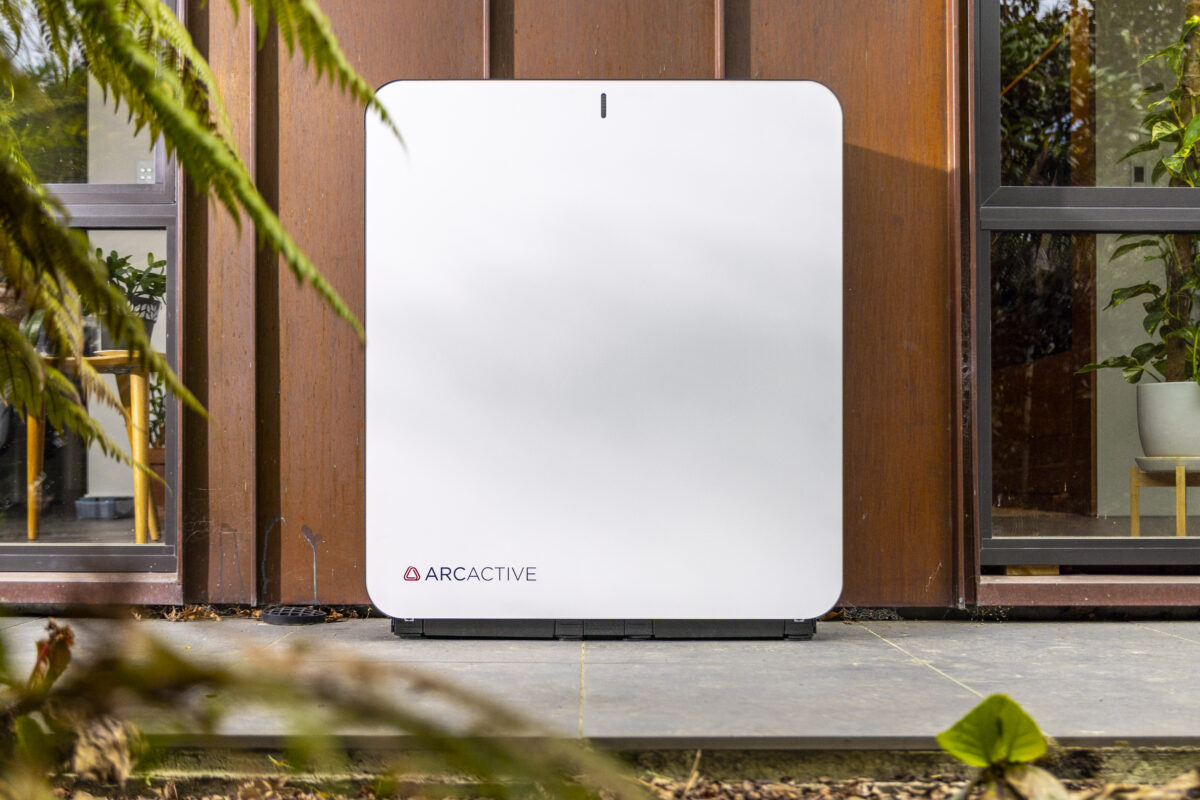Interest in residential storage is high and suppliers are flooding into the marketplace. However, Tesla’s unique ability to generate hype around its products is building demand that it appears unable to meet. This is ‘blocking’ other suppliers, and putting a break on growth – some Western Australian installers are reporting.
“Tesla is actually becoming a bit of ‘battery blocker’,” says solar retailer and installer Craig Donohue, the MD of Clean NRG. “Another Perth distributor came up with the term because we can’t get supply to meet demand for the end customers.”
Donohue reports that while he has placed a sizeable order for Tesla’s 13.5 kWh Powerwall 2 unit, supply is coming in only “in dribs and drabs.”
“People get excited, they want a Tesla,” he continues, speaking to pv magazine Australia. “They don’t know what it’s about, how good it is, but they just want a Tesla.”
A further dampener on residential battery storage demand in WA is current electricity from government-owned retailer Synergy – which continues to enjoy a monopoly in supplying homes in the state.
While residential electricity tariffs are increasing, they remain subsidized and currently stand at $26.47 cents/kWh. Synergy’s solar feed-in is currently $7.13 cents/kWh.
Despite this delta, Clean NRG’s Donohue says that storage system paybacks in WA come in at around 12 years. With Tesla able to maintain current pricing due to high end-market demand, this payback is showing few signs of improving.
“Because we can’t get supply, and in all markets the market price is driven by supply and demand, the price is holding up and we can’t put any pressure on Tesla on the price,” says Donohue. “We’ve got to get that payback period under 10 years.”
By comparison, rooftop solar paybacks in WA are around three-five years for residential customers, and under two for businesses.
Donohue reports that electricity supply on the SWIS, particularly in and around Perth, remains good – undermining the backup-supply business case for battery storage.
“I hold forums every couple of months and ask people who has had a power outage over the last year that has lasted longer than an hour. Pretty much no-one puts up their hand. We don’t have the cyclones or floods that occur in the north of Queensland. Perth has artificially low power prices and pretty reliable supply,” he explains.
Clean NRG supplies rooftop systems with LG, REC and Risen modules – on a scale from premium to most affordable. The company uses Fronius, SMA, ABB and Delta inverters.
This content is protected by copyright and may not be reused. If you want to cooperate with us and would like to reuse some of our content, please contact: editors@pv-magazine.com.









Not just batteries but Tesla’s gives WA the middle finger in having a retail outlet for vehicles in Perth. They are in Sydney, Melbourne, Bribane and even Adelaide. Hey, they will take our lithium resources though, and every other state will take the GST money. How much longer can we continue to take up the rear.